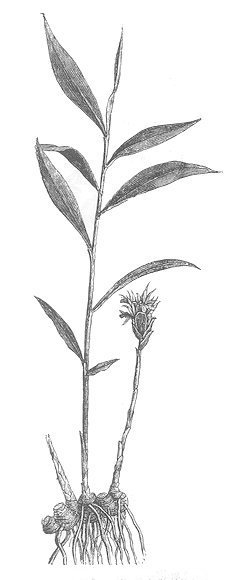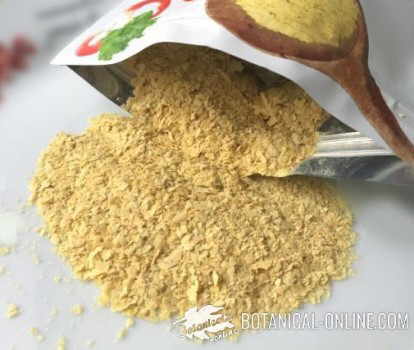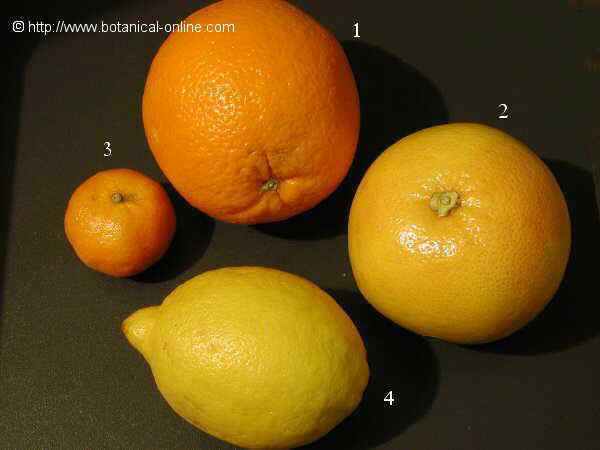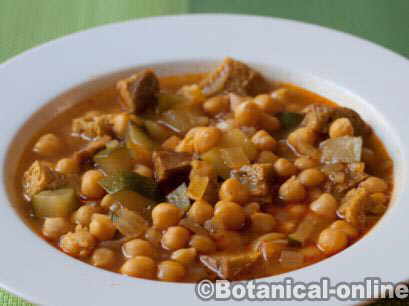Contents
- 1 Myocardial infarction nutrition
- 1.1 Food tips to prevent heart attack
- 1.2 Cholesterol and heart attack minimizing food containing saturated fat
- 1.3 Body weight and heart attack: Choosing foods that promote body weight reduction
- 1.4 Fiber and heart attack. Choosing foods with a high soluble fiber content
- 1.5 Sodium and heart attack. Eating foods rich in potassium and low in sodium
- 1.6 Vitamin C and heart attack
- 1.7 Folate and heart attack
- 1.8 Antioxidants and heart attack
- 1.9 Alcohol and heart attack
- 1.10 Stimulants and heart attack
- 1.11 Tobacco and heart attack
- 1.12 Stress and heart attack
Myocardial infarction nutrition
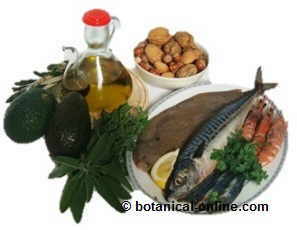
Food tips to prevent heart attack
Nutrition plays a fundamental role in controlling heart health by helping to prevent the causes and factors that predispose to its occurrence.
One should take into consideration the following food tips:
Cholesterol and heart attack minimizing food containing saturated fat
We should minimize to the maximum the consumption of fatty animal foods, rich in saturated fats because they increase levels of low density cholesterol (LDL) and promote obesity.
Fatty meat, butter, whole milk and dairy whole products (cheese, creams, yogurts, curdled) should be replaced by other protein sources, such as those from legumes and nuts.
Vegetable oils such as olive oil, sunflower oil and rapeseed oils should replace animal oils in the kitchen.
Because their composition in healthy fatty acids, nuts are very suitable to protect your heart health. Remember you have to take them unsalted. Pecans, for example, are rich in Omega 9, mainly oleic acid, beneficial for the heart properties. They also provide arginine, an essential amino acid with vasodilator effect that prevents heart attacks.
Eggs contain cholesterol and should be eaten with moderation.
If you do not want to refuse meat completely, it is better to eat lean meat such as chicken, or use blue fish (sardines, mackerel, salmon, tuna, etc.). Blue fish is very rich in omega 3 fatty acids, very suitable to reduce the level of bad cholesterol (LDL) and increase the level of “good” cholesterol (HDL) It is recommend three meals a week of blue fish for people with some form of heart disease.
Body weight and heart attack: Choosing foods that promote body weight reduction
Besides avoiding greasy animal food, we should also minimize all foods containing high amounts of refined sugars because they also raise cholesterol and contribute to gain weight.
In its place, it will be better to consume other satiating foods since, which, besides providing us with the needed calories to be satiated, they also provide vitamins, minerals and other components necessary for good health.
Among these we have to mention the carbohydrates obtained from cereals or their derivatives (rice, oats, wheat, bread, pasta, oatmeal, etc.) and legumes (beans, soy, lentils,etc.)..
We must not forget the importance of vegetables since they contain very little calories. Fruit is also very important because it provides easily assimilable sugars, a high water content and all the wealth of vitamins, minerals and phytochemicals much needed to prevent the occurrence of many diseases
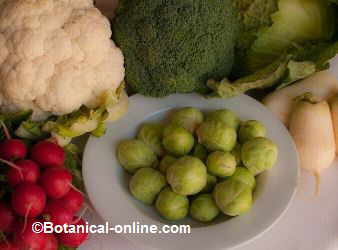
Broccoli, cauliflower, cabbage, turnips and radishes are high in fiber, vitamin C, calcium and antioxidants
Fiber and heart attack. Choosing foods with a high soluble fiber content
Soluble fiber impedes absorption of LDL cholesterol through the intestinal wall, so that a diet rich in vegetables containing it will help reduce and prevent all those diseases related with high levels of LDL cholesterol. Foods rich in soluble fiber are: oats, beans, pears or apples.
Sodium and heart attack. Eating foods rich in potassium and low in sodium
These foods help eliminate excessive body water, reducing sodium level which will help to lower blood pressure. Among the richest foods in potassium we can consider: potatoes, bananas, tomatoes, peaches or grapes.
Canned food should be avoided, either from animal or vegetable origin, for its high sodium content.
Vitamin C and heart attack
It has been noted that the intake of this vitamin helps lower blood pressure and prevents the risk of vascular diseases. The frequent occurrence of bruising may be due to small capillaries burst. It is unclear whether Vitamin C reduces cholesterol levels. Some studies show that it does it while others conclude it could increase it.
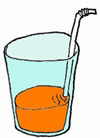
Folate and heart attack
Folate is thought to help fight atherosclerosis by reducing homocysteine, a factor which damages the artery walls. Folate facilitates blood circulation preventing the appearance of thrombi that are responsible for many heart attacks and other heart problems.
Eating high folate foods is a good way to care for heart health. These include the group of cabbage (cabbage, cauliflower, brussels sprouts) and other vegetables such as beets, spinach, sweet potatoes, asparagus, beans or chickpeas.
Antioxidants and heart attack
Antioxidants can prevent the negative effects that free radicals can exert on the heart and arteries. Foods with antioxidant properties are particularly interesting for preventing heart disease.
Among the many foods containing antioxidants we especially point our the following: carrots, apples, parsley or cabbage.
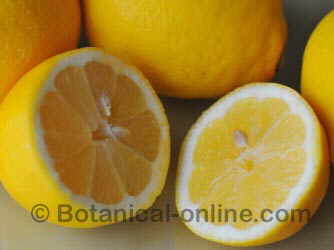
Alcohol and heart attack
A moderate alcohol consumption can improve circulation, but high consumption increases heart rate and blood pressure.
Stimulants and heart attack
Caffeine must be kept to a minimum because it can cause arrhythmias because of its stimulatory effects. Therefore, people with heart problems should avoid the consumption of coffee, colas or other carbonated drinks that contain it.
Tea also contains quite a lot of caffeine, although it has not got the same effects as coffee, especially green coffee. This can prove that, apart from nicotine, there must be some other components in coffee which have a negative effect on the circulatory system.
As a matter of fact, green tea consumption is recommended for circulatory diseases. It lowers cholesterol, thins blood, tones our heart and protects against angina pectoris or myocardial infarction. Histidine has anti-arterosclerotic properties.
Theanine, an amino acid that appears only in this plant, serves the same function, in addition to prevent thrombus formation, a property that also presents eugenol. Theobromine is a vasodilator and cardiotonic. We must not forget the antioxidant properties of this plant, especially because of vitamin C, polyphenols and catechins.
Tobacco and heart attack
Smoking tobacco is extremely detrimental to heart health. Nicotine is a vasoconstrictor that decreases the thickness of the arteries and coronary vessels, increases heart rate and raises blood pressure.
Moreover carbon monoxide prevents proper oxygenation of the cells and alters the lining of the arteries. Smoking is responsible for many cases of heart attack, or angina pectoris. Heart attacks are more common in smokers. Smoking is a major cause of circulatory system diseases such as arteriosclerosis, hypertension, heart failure, etc.
Stress and heart attack
Stress negatively affects heart health. Avoiding situations that cause stress and practicing relaxation techniques are a good way to care for this organ.
Related information: Healthy heart foods, heart detrimental food, advised food for heart
![]() More information about heart attack natural treatments.
More information about heart attack natural treatments.

